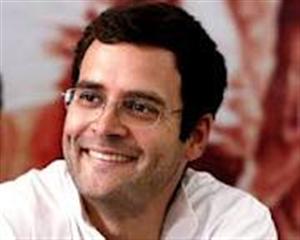I often find it difficult to watch my own films
: Mani Ratnam
When I am watching my own films, five minutes in, and I start seeing only mistakes, and I desperately wish that I can correct them somehow, says epic film maker Mani Ratnam in a book that has chronicled his eighteen films which will be cherished forever in the history of Indian Cinema.
" In conversations with Mani Ratnam" published by Penguin Books is an account of Mani Ratnam's journey as a film maker through detailed, candid and lively interviews with the author Baradwaj Rangan, a National Award winning film critic.
With separate chapters dedicated to each of his film,in the interviews Ratnam has elaborated in a personal vein on his choice of themes, from the knottiness in urban relationship (Agni Natachatiram) to the rents in the national fabric (Bombay); his direction of children (Anjali); his artful use of songs; his innovative use of lighting as also his making of films in Hindi and other languages.
" There are two things that bother a film maker. One when he is offered a life time achievement award. The second is when he is asked to do a book on his films" says Ratnam in the book adding, " A book on his work gives the film maker a chance to intellectualize what was once an instinctive decision"
However he believes that the process of writing the book was no less than a therapy.
" Reliving all my films in this book, from the earliest to the most recent coming face to face with each one, back to back, was a bit like going to psychiatrist for therapy" he says.
Baradwaj Rangan, has begun the book by elaborating how the book took shape and his journey from the time he saw his first Mani Ratnam movie in 1985 to the day he met Ratnam at his office at Madras Talkies for a face to face conversation for the book.
" Ratnam is a flamboyant film-maker whose films, too often are accused of being nothing but strung together pretty pictures , or worse, extended ad films" says Baradwaj.
He writes, " At least on a screenplay level, these films are textbook-ready examples of how to marry what you want to do with what the audience may be willing to accept."
In the book there are fond recollections of Ratnam's collaborations with Stalwarts like Balu Mahendra, PC Sreeram, Thotta Tharrani and Gulzar among many others. And delectable behind the scene stories-from the contrasting working styles of Illiyaraja and Rahman to the unexpected dimensions Kamal Hassan brought to the filming of Nayakan to what Raavan was like when originally conceived.
However the author claims that though Ratnam's movie 'Raavan' didn't do heartening business on box-office yet it was Raavan that made this book possible.
" Suddenly my publishers who have been talking to me for years, had a proposal I could not say no to. I wrote it as a man of faith in the filmmaker who is in a sense a dinosaur one of the last of a dying breed in India which is mainstream auteur," he says.

























